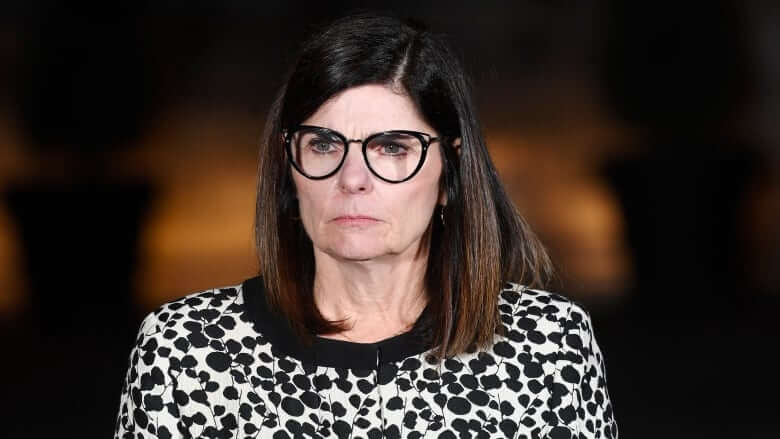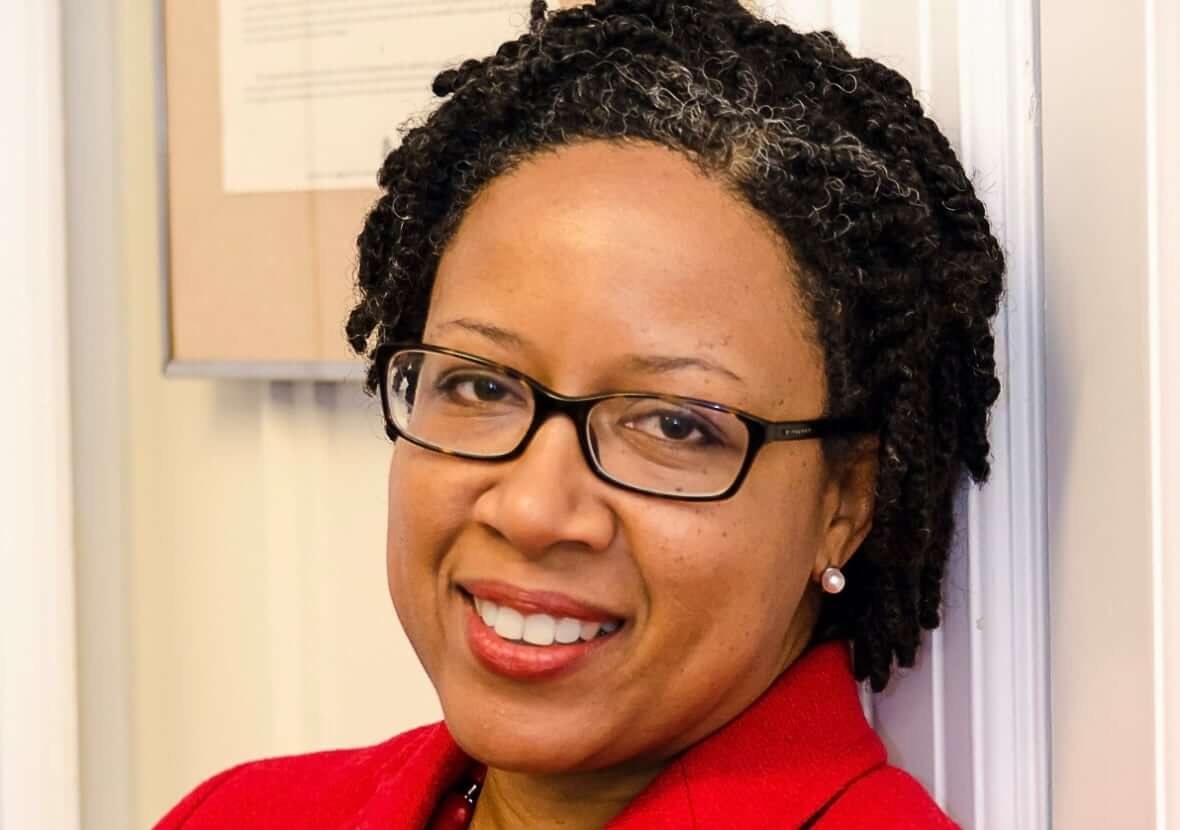For the first time in decades, major changes are coming to Canada’s workplace equity laws

Federal legislation that aims to ensure equal opportunities for employees from under-represented groups is heading for its most significant overhaul since its introduction 35 years ago.
Vaccine passports ignite debate over privacy vs. public health
The Liberal government announced today that it has convened a new task force to review the Employment Equity Act, which the government describes as “an important tool to promote fairness, equality and diversity in federally regulated workplaces.”
The legislation states that no person should be denied employment opportunities for reasons unrelated to ability. It says that creating those conditions “requires special measures and the accommodation of differences.”
Labour Minister Filomena Tassi said the legislation has improved the standing of various groups that have been marginalized in the workplace, but that the act was overdue for an update.
“It’s about bringing the act into the 21st century,” Tassi said.
Future changes to the legislation, she added, “are absolutely going to result in more equitable workplaces.”
The 13-member task force conducting the review is being asked to come up with recommendations to “modernize” the legislation. The task force will host its first meeting on July 15 and is expected to have a final report by early 2022.
About 1.3 million people, representing about six per cent of Canada’s workforce, are employed in federally regulated industries and workplaces.
Review could result in more precise categories of marginalized workers
The existing Employment Equity Act identifies four groups that have faced additional barriers in workplaces: women, Indigenous Peoples, people with disabilities and members of visible minorities.
Those categories were defined when the act was introduced in 1986. The legislation was largely inspired by the 1984 Royal Commission on Equality in Employment, which was led by Rosalie Abella before she was appointed to the Supreme Court.
Among other things, the task force will be charged with reviewing those groups, which likely will result in the creation of more precise and varied categories of under-represented workers.
Adelle Blackett, a law professor at McGill University who was named chair of the task force, said LGBTQ people, for example, probably will need representation in the next iteration of the act.

“The time is now,” Blackett told CBC News. “We have a really important opportunity to achieve equality.”
Blackett said the national reckoning over the atrocities committed in Canada’s residential school system, and the murder of George Floyd in the United States, are driving the effort to address systemic inequalites.
“It’s hard not to be thinking about how to build a legacy of meaningful inclusion, including in our workplaces,” Blackett said.
According to the latest report on equity within federally regulated workplaces, women, Indigenous Peoples and people with disabilities remain underrepresented in federally regulated workplaces.
Representation of visible minorities is more favourable, with those workers filling slightly more jobs than expected based on their overall share of the workforce.
Unifor says existing act has ‘failed to deliver’
The launch of the review task force comes following recent efforts by the Liberal government to reduce inequities across a range of sectors — including new pay equity legislation that will go into effect at the end of August.
Critics, including the federal New Democrats, have described some of the announcements as pre-election manoeuvring.
NDP critic for women and gender equality Lindsay Mathyssen said last week’s news on pay equity follows the Liberal’s recent track record of providing “pretty words instead of substantive actions.”
Unifor, the largest union representing workers in the federally regulated private sector, said changes to the act are badly needed.
“Despite being in force for 35 years, the Employment Equity Act has failed to deliver on its promise,” Unifor national president Jerry Dias wrote on Twitter. He called on the federal government to ensure that input from workers is considered during the review.
“Updating terms, expanding inclusion and prioritizing enforcement will go a long way,” Dias added.








Redes Sociais - Comentários